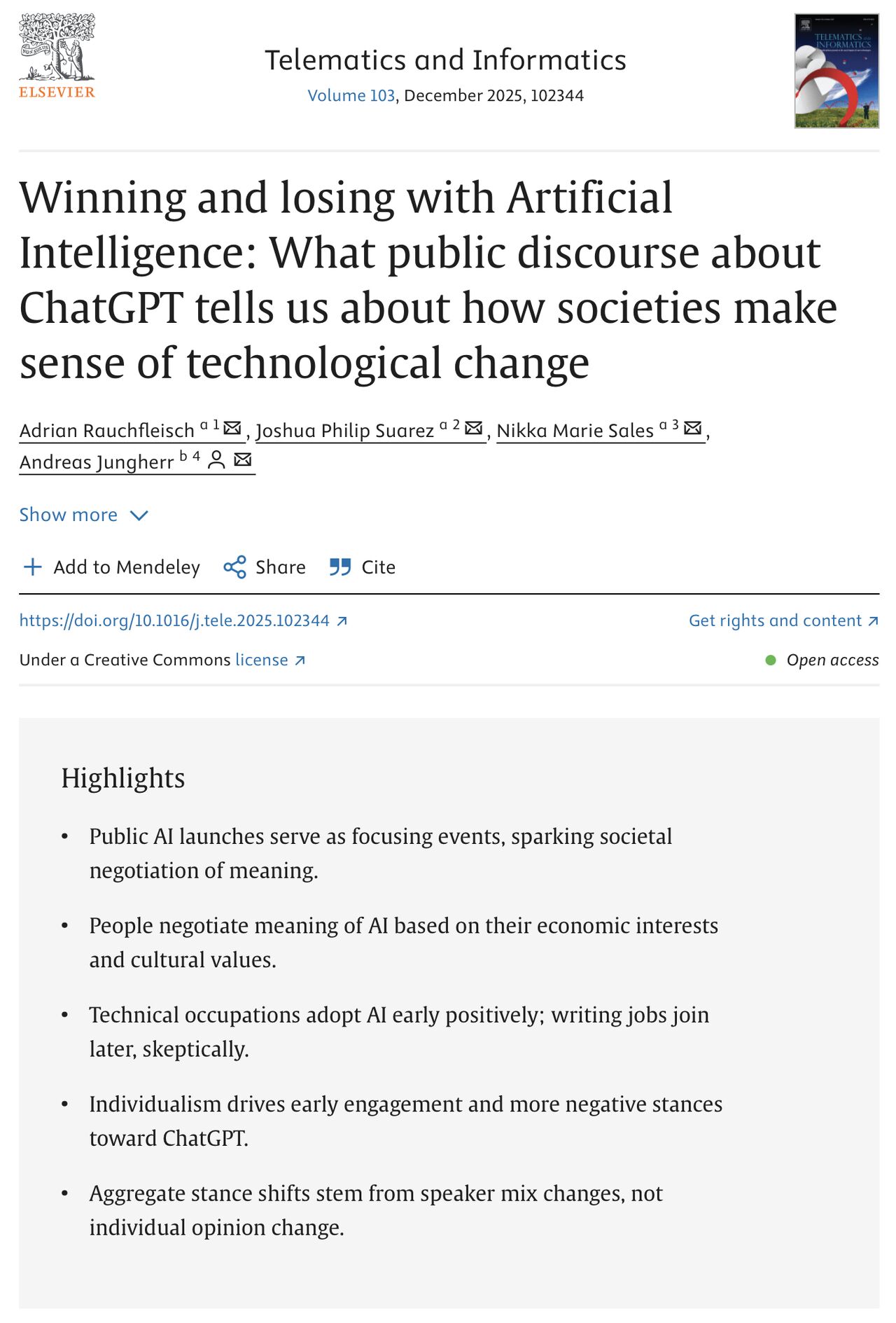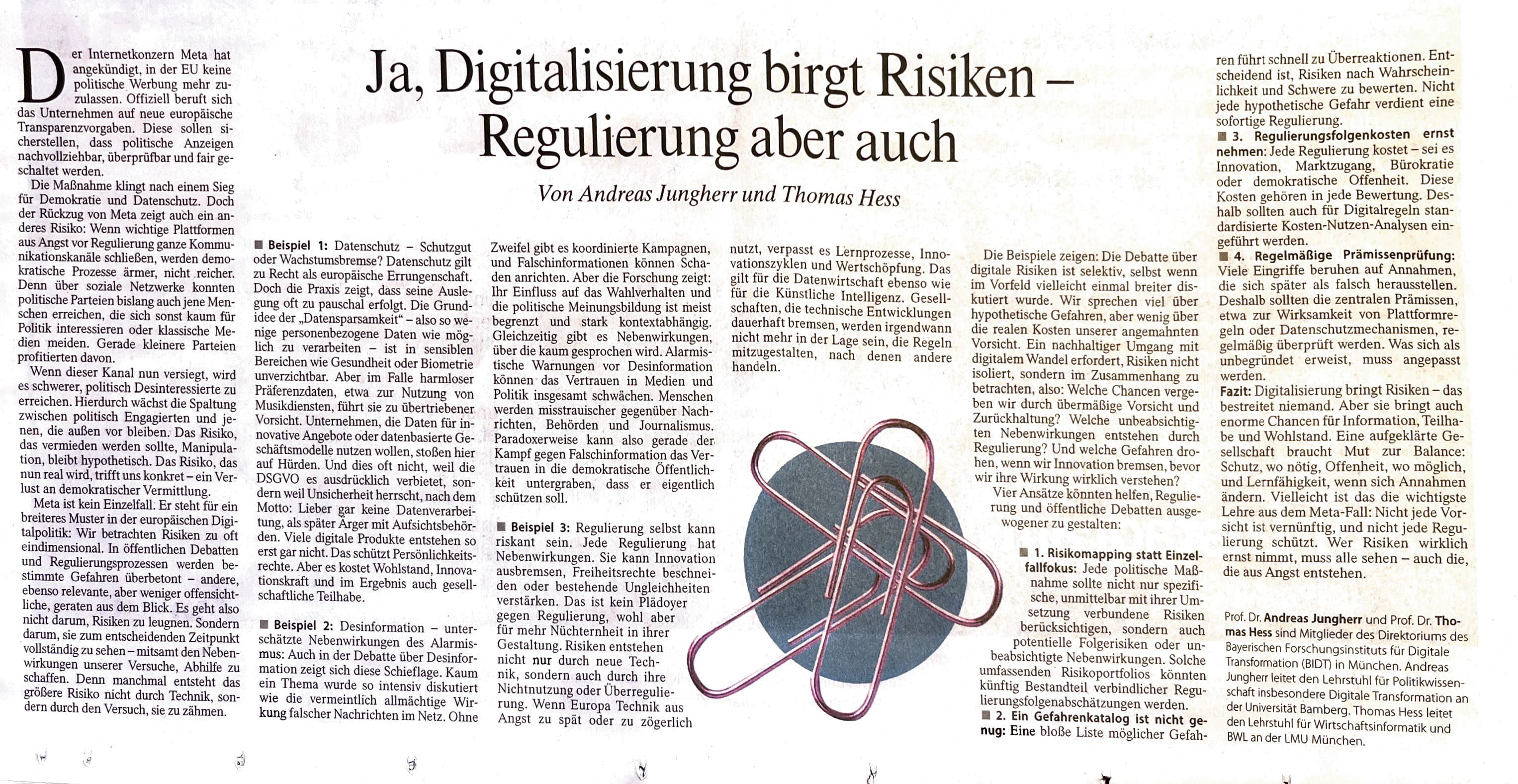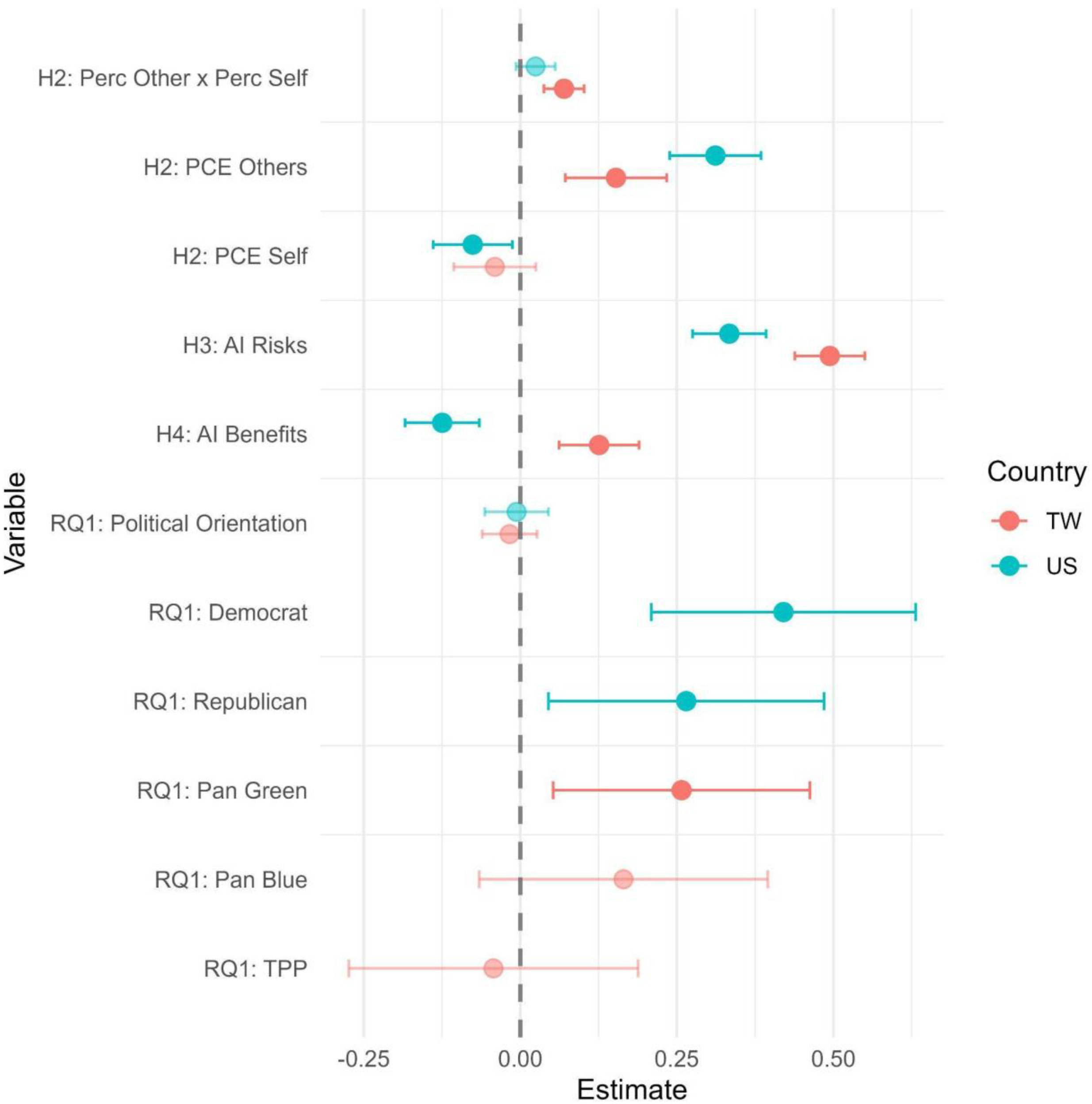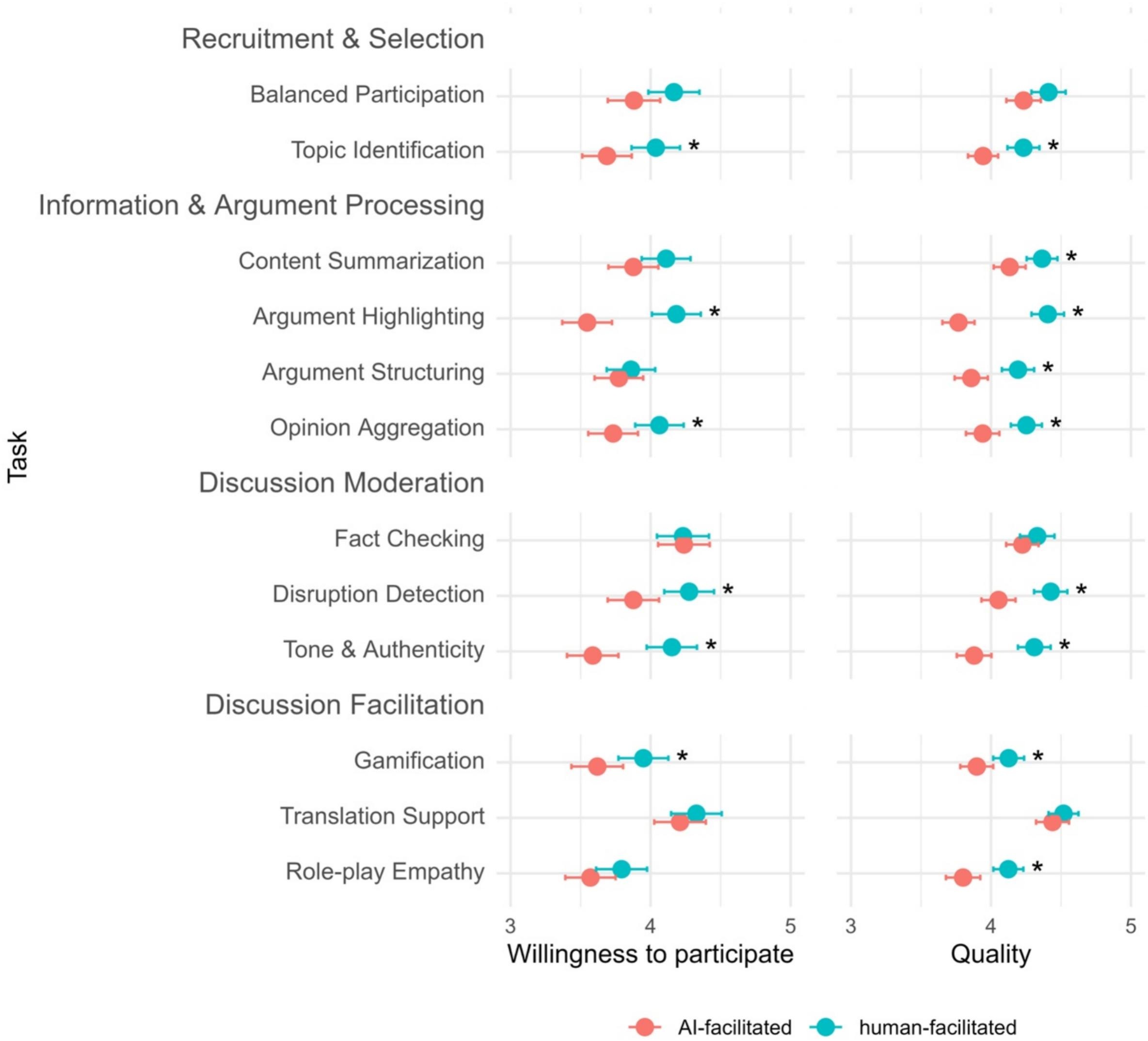I’m happy to share a new article published in Telematics and Informatics, co-authored with Adrian Rauchfleisch, Joshua Philip Suarez, and Nikka Marie Sales:
The public launch of OpenAI’s ChatGPT in late 2022 was more than a technological milestone. It became a global focusing event, a moment when people around the world articulated hopes, fears, and expectations about Artificial Intelligence in ways that were public, visible, and highly consequential.
Our study asks: What can this digital conversation tell us about how societies understand technological change?
To answer this, we analyzed 3.8 million tweets from 1.6 million users across 117 countries during the first months of ChatGPT’s public availability.
We examined:
- Who participated in the debate
- When different groups joined
- How users evaluated ChatGPT
Rather than assuming “the public” reacts uniformly, our aim was to map patterns of participation, evaluation, and change over time.
Key Findings
1. Professional Background Shaped Early Participation
Users with technical skills (e.g., coding, math) were among the earliest to engage with ChatGPT. Their reactions were, on average, more positive.
By contrast, users whose professional skills are writing- or creativity-centered joined the conversation later and were more negative in tone.
Early optimism was not evenly distributed: it aligned with skillsets that could capitalize on the technology.
2. Cultural Context Influenced Reactions
Patterns of engagement varied across countries and cultural environments.
- Users from more individualistic cultures engaged earlier but showed greater skepticism and criticism.
- Users from cultures with high uncertainty avoidance were less likely to express positive views about ChatGPT overall.
Public discourse about AI reflects not only technological affordances, but also cultural values, norms, and expectations.
3. Aggregated Trends Hide Important Dynamics
At a global level, conversation about ChatGPT became increasingly critical over time.
However, this wasn’t because early adopters changed their minds. Instead, later entrants were systematically more skeptical than early ones.
What looks like “opinion change” is often “composition change”, different groups entering the debate at different times.
This challenges simplistic narratives that public sentiment inevitably “sours” as novelty fades. The story is more about who speaks when, not merely about how attitudes shift.
Broader Implications
Our findings suggest that debates about emerging technologies are shaped by:
- Economic interests
- Professional identities
- Cultural beliefs
- Social expectations
Public discourse about AI is not just a reaction to an innovation—it is an early signal of future societal fault lines, including:
- Who is positioned to benefit
- Who fears displacement
- How societies negotiate uncertainty
- Where resistance may emerge
In this sense, digital public debate acts as a window into the social meaning of technological change, revealing cross-national variation in values, politics, and aspirations.
Why This Matters
AI systems are being adopted at unprecedented speed–often faster than institutions or policymakers can respond. Online conversations are one of the earliest and most accessible indicators of how different groups interpret and evaluate these shifts.
Studying these debates helps us understand:
- Emerging opportunities and anxieties
- Sources of resistance or enthusiasm
- The social distribution of technological “winners” and “losers”
- How norms and expectations are being renegotiated
In short, public talk about AI is not noise. Instead, it provides important information for governance and public concerns.
The article is available open access here: Winning and losing with Artificial Intelligence: What public discourse about ChatGPT tells us about how societies make sense of technological change: Telematics and Informatics.
Abstract: Public product launches in Artificial Intelligence can serve as focusing events for collective attention, surfacing how societies react to technological change. Social media provide a window into the sensemaking around these events, surfacing hopes and fears and showing who chooses to engage in the discourse and when. We demonstrate that public sensemaking about AI is shaped by economic interests and cultural values of those involved. We analyze 3.8 million tweets posted by 1.6 million users across 117 countries in response to the public launch of ChatGPT in 2022. Our analysis shows how economic self-interest, proxied by occupational skill types in writing, programming, and mathematics, and national cultural orientations, as measured by Hofstede’s individualism, uncertainty avoidance, and power distance dimensions, shape who speaks, when they speak, and their stance toward ChatGPT. Roles requiring more technical skills, such as programming and mathematics, tend to engage earlier and express more positive stances, whereas writing-centric occupations join later with greater skepticism. At the cultural level, individualism predicts both earlier engagement and a more negative stance, and uncertainty avoidance reduces the prevalence of positive stances but does not delay when users first engage with ChatGPT. Aggregate sentiment trends mask the dynamics observed in our study. The shift toward a more critical stance regarding ChatGPT over time stems primarily from the entry of more skeptical voices rather than a change of heart among early adopters. Our findings underscore the importance of both the occupational background and cultural context in understanding public reactions to AI.
- Adrian Rauchfleisch, Joshua Philip Suarez, Nikka Marie Sales, and Andreas Jungherr. 2025. Winning and losing with Artificial Intelligence: What public discourse about ChatGPT tells us about how societies make sense of technological change. Telematics and Informatics 103: 102344. doi: 10.1016/j.tele.2025.102344











